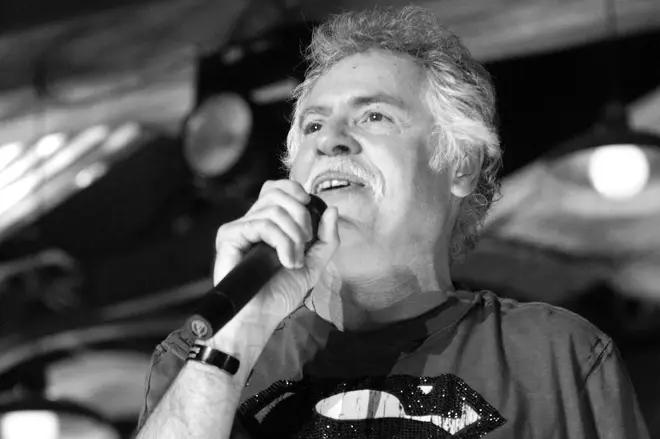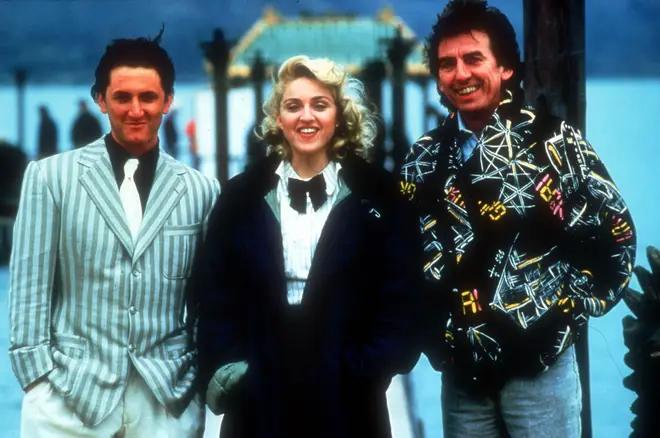The 1980s witnessed the rise of two music titans, Michael Jackson and Prince, who redefined pop music and left an indelible mark on the industry. Yet, beneath the surface of their groundbreaking success lay a simmering rivalry fueled by ambition, ego, and the constant comparisons drawn between them. This exploration delves into the intricate dynamics of their relationship, uncovering the events and misunderstandings that cemented their status as fierce competitors.
The Genesis of a Rivalry: From Mutual Respect to Open Disdain
Initially, both artists maintained a professional distance, their rivalry more a reflection of their shared pursuit of musical excellence. Michael Jackson, crowned the “King of Pop,” captivated audiences with his electrifying stage presence and innovative music videos. Prince, on the other hand, was revered for his musical prowess, his mastery of multiple instruments, and his audacious, genre-bending compositions.
The seeds of discontent were perhaps sown when comparisons between the two became unavoidable. Michael, reportedly sensitive to these parallels, allegedly remarked, “I don’t like to be compared to Prince at all. I have proven myself since I was real little.” This underlying tension escalated, fueled by their competitive spirits and the media’s eagerness to amplify any perceived slight or one-upmanship.
The Infamous James Brown Performance: A Turning Point
A pivotal moment in their rivalry occurred in 1983 when both artists found themselves sharing the stage with the legendary James Brown. Michael, invited on stage first, delivered a captivating performance, effortlessly captivating the audience. Prince, then a rising star, was subsequently urged to join them. However, his attempt to impress fell short, culminating in an awkward tumble from a stage prop.
This incident, witnessed by a stunned audience, cemented the narrative of Michael’s dominance. Recordings later surfaced of Michael criticizing Prince’s performance, further solidifying the chasm between them. He allegedly purchased the footage to prevent its release, determined to control the narrative surrounding his image.
“Bad” Blood: A Missed Opportunity for Collaboration
Despite their escalating rivalry, an opportunity for collaboration arose when Michael invited Prince to duet on his iconic track “Bad.” This proposition, orchestrated through producer Quincy Jones, held the promise of a musical powerhouse, a fusion of their distinct styles.
However, the collaboration faltered during the creative process. Prince, unhappy with the song’s lyrical content and concerned about being overshadowed, expressed his dissatisfaction. He reportedly re-recorded significant portions of the demo, a move that did not sit well with Michael’s camp. Ultimately, the collaboration dissolved, leaving behind a trail of what-ifs and further solidifying the rift between the two.
Prince’s reservations were later revealed in an interview with Chris Rock, where he humorously dissected the song’s lyrics, stating, “The first line of that song is ‘Your butt is mine.’ Now I said, ‘Who’s gonna sing that to whom? ‘Cause you sure ain’t singing it to me. And I sure ain’t singing it to you… So right there, we got a problem.”
The “Bad” saga, a testament to their artistic clashes and uncompromising visions, exemplifies the complexities of their relationship. Despite the failed collaboration, Prince reportedly acknowledged the song’s potential, predicting its success even without his involvement.
Media Frenzy and Public Perception: Fueling the Fire
The media, always hungry for a captivating narrative, played a significant role in shaping the public’s perception of their rivalry. Every perceived jab, every instance of one-upmanship, was amplified, further entrenching the image of two titans locked in a perpetual power struggle.
Michael, a master of image control, allegedly leaked stories to generate publicity, believing his career to be “the greatest show on earth.” While their rivalry was undoubtedly real, both artists understood the power of media manipulation and used it to their advantage.
This public feud reached its peak when, in his 1988 autobiography Moonwalk, Michael labeled Prince “one of the rudest people I’ve ever met,” accusing him of mistreating his family. While the validity of these claims remains subject to debate, they fueled the narrative of a deeply rooted animosity.
A Legacy Marred by Rivalry, United by Genius
Even as Michael prepared for his highly anticipated London residency in his later years, Prince remained a point of reference, with Michael allegedly stating, “If I’m not there to receive these ideas, God might give them to Prince.” This statement, whether borne out of admiration or insecurity, highlights the enduring presence of their rivalry.
Following Michael’s tragic death in 2009, Prince’s public response was subdued, but those close to him noted his profound sadness. Author Tavis Smiley recalled discussing Michael’s passing with Prince, emphasizing the impact it had on him. In a rare interview, Prince acknowledged the loss, stating, “It is always sad to lose someone you loved.”
Despite the undeniable tension that characterized their relationship, both Michael and Prince revolutionized music, inspiring generations of artists and leaving behind a rich legacy of groundbreaking music. They were visionaries, pushing creative boundaries and redefining the possibilities of pop stardom. Though their rivalry often overshadowed their individual brilliance, their impact on music remains undeniable, forever intertwined in the annals of music history.



